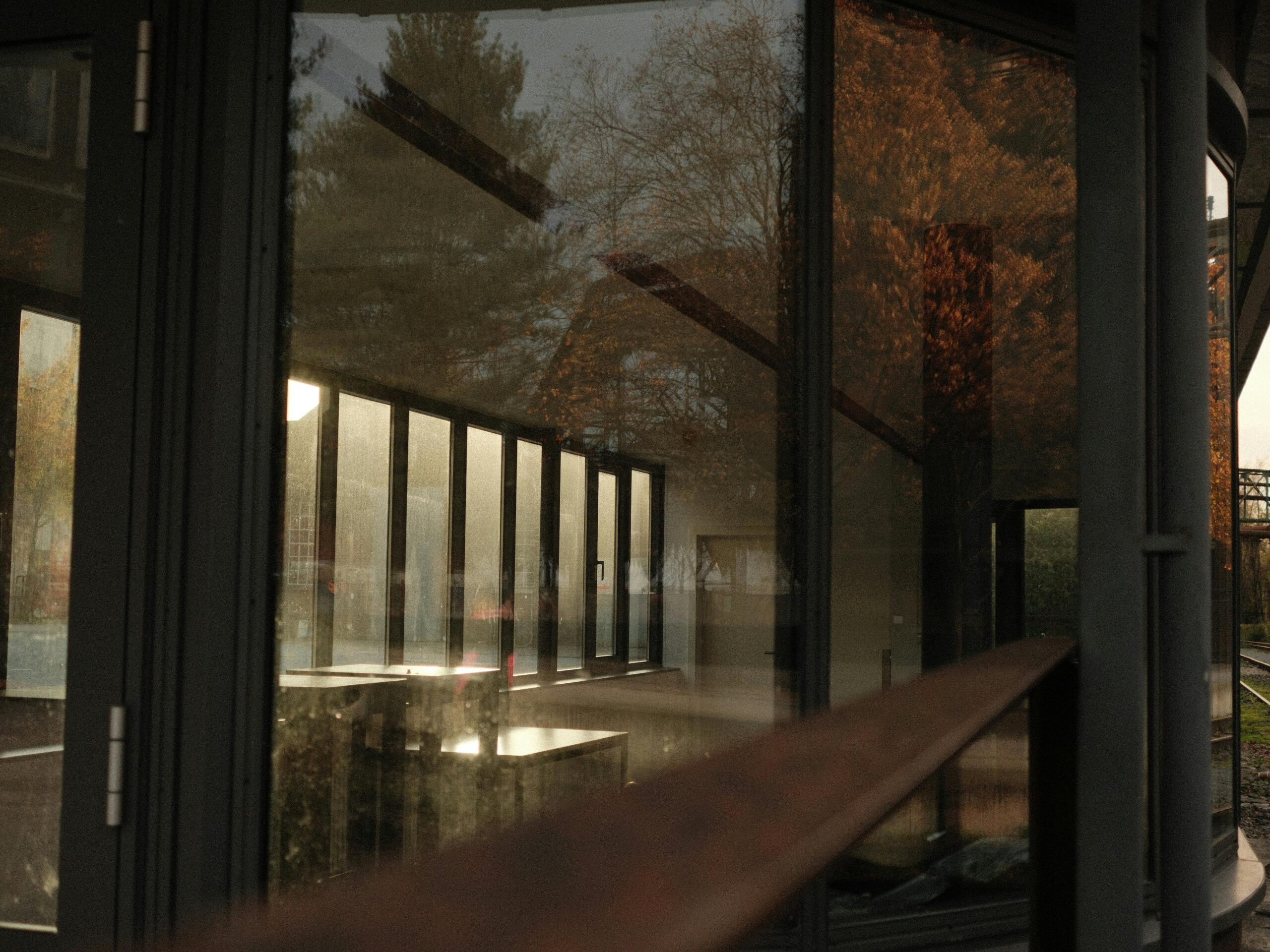In 2017, during Estonia’s Presidency of the Council of the European Union, the pivotal event “Future of Work: Making It e-Easy” took place in Tallinn. Eight years on, its legacy remains influential in shaping Europe’s approach to digital transformation and the future of work. As the European Union continues to address the evolving dynamics of labor markets, the themes and strategies discussed during the event are more relevant than ever.
The conference, a flagship event of Estonia’s EU presidency, focused on the interplay between technological advancements, labor market adaptability, and inclusive growth. It brought together policymakers, business leaders, and experts from across the EU to discuss how digital solutions could simplify work processes, promote productivity, and prepare workers for an increasingly automated world.
The Key Themes of the 2017 Conference
The “Future of Work: Making It e-Easy” initiative highlighted several core areas that remain central to EU policy today:
- Digital Skills for All
The conference emphasized the need to equip workers with the skills required to navigate digital tools and technologies. With automation and AI transforming industries, participants underscored the importance of upskilling and reskilling programs to ensure no one was left behind. - E-Governance as a Model
Estonia’s groundbreaking e-governance system served as a case study. The nation’s use of digital identity, paperless governance, and e-residency programs showcased how technology could streamline administrative processes and empower businesses. - Balancing Automation and Employment
Discussions also tackled the challenges posed by automation, including job displacement. The event called for policies that balance technological innovation with social protections, ensuring that economic growth does not come at the expense of job security. - Future-Ready Policies
The conference proposed forward-thinking labor market policies to accommodate remote work, the gig economy, and digital entrepreneurship. These ideas laid the groundwork for many initiatives adopted by the EU in subsequent years.
Progress Since 2017
The vision laid out during the conference has significantly influenced the EU’s digital transformation. Over the past eight years, several initiatives have brought the conference’s ideas to life:
1. Advances in Digital Skills
The European Commission’s Digital Education Action Plan and European Skills Agenda have made strides in upskilling the workforce. As of 2025, nearly 70% of EU citizens possess at least basic digital skills, and millions have benefited from targeted training programs.
2. Growth of E-Governance
Inspired by Estonia’s model, several EU nations have developed their own digital governance systems. E-residency programs, digital IDs, and paperless transactions have become common across the continent, streamlining business operations and improving citizen services.
3. Remote Work Revolution
While the COVID-19 pandemic accelerated the shift to remote work, the 2017 conference had already laid the groundwork for building the necessary infrastructure. Today, over 40% of EU employees work remotely, supported by investments in high-speed internet, cloud computing, and collaboration tools.
4. Ethical AI Development
The EU has emerged as a global leader in developing ethical guidelines for AI. The conference’s emphasis on responsible innovation has influenced regulations ensuring AI systems respect privacy, fairness, and transparency.
Challenges and Opportunities in 2025
Despite these advancements, challenges persist. The digital divide remains a significant issue, with rural and underprivileged regions lagging in access to high-speed internet and digital education. Additionally, the rapid adoption of AI raises ethical and regulatory questions about data privacy, bias, and accountability.
However, these challenges also present opportunities for further collaboration and innovation. With its experience in digital governance and a proactive approach to policy, the EU is well-positioned to address these issues and set an example for the rest of the world.
A Vision for the Future
The “Future of Work: Making It e-Easy” initiative serves as a reminder of what can be achieved when vision, innovation, and collaboration converge. As we move further into 2025, the themes of adaptability, inclusivity, and human-centered growth are more critical than ever.
By revisiting the insights and strategies from this landmark event, Europe can continue to lead in crafting a future of work that is efficient, equitable, and sustainable. Estonia’s pioneering role in promoting digital transformation underscores the importance of bold leadership in addressing the challenges and opportunities of the digital era.
The legacy of the conference is a testament to the power of foresight and collaboration in shaping a future where technology enhances—not replaces—human potential.






